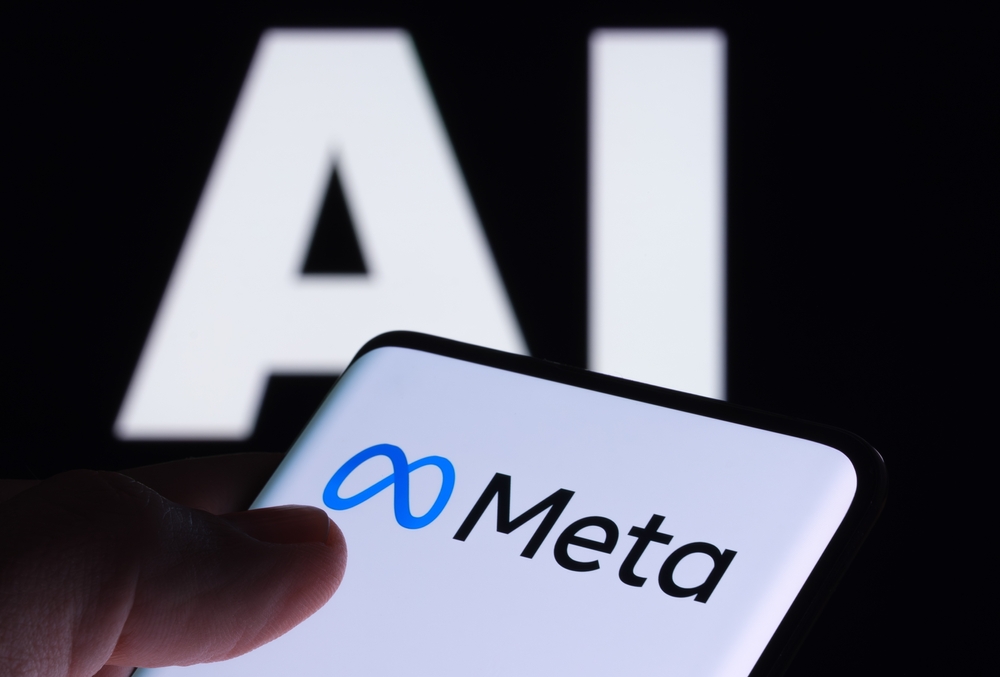Cloud giants are increasingly motivated to design proprietary processors for server systems, a trend that has strengthened with the growing prominence of artificial intelligence (AI). Meta Platforms, in particular, is actively pursuing this path, evident in recent job postings for chip developers in both India and the United States, with a specific focus on machine learning applications.

1. Advancing AI Capabilities with In-House Chips
One recent job advertisement for a position in Bangalore, India, outlines Meta’s objective to develop a “sophisticated, advanced system-on-a-chip for use in a server environment.” The plan involves integrating corresponding accelerators into Facebook’s server infrastructure in India. Candidates with relevant experience and specialized education are preferred, emphasizing the company’s commitment to expertise in the field.
2. Ongoing Efforts and Global Talent Hunt
While these job postings initially surfaced on LinkedIn in late December the previous year, they were recently updated to attract more talent. Despite the attractive annual salary of $200,000 for positions in California, there is a limited pool of applicants. The motivation behind Meta’s move includes anticipated cost savings and the industry-wide challenge of meeting the high demand for NVIDIA orders. Additionally, Meta aims not only to develop accelerators for machine learning but also for “strong artificial intelligence,” signaling aspirations to rival human intelligence, notes NIXsolutions.
3. Reducing Dependency on External Suppliers
The quest for independence in the component base is not unique to Meta, as noted by The Register. Microsoft is also exploring the development of specialized network cards for high-speed information exchange in AI systems. With NVIDIA facing challenges in meeting demand, major players like Meta and Microsoft are turning towards in-house developments to secure their positions in this competitive landscape.
In summary, Meta Platforms’ strategic move into in-house chip development reflects a broader industry trend among cloud giants, aiming to enhance AI capabilities while reducing dependency on external suppliers like NVIDIA.
